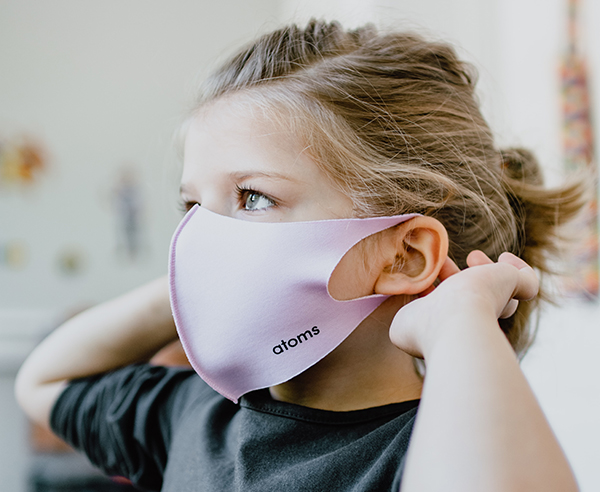Family Counseling Insights brought to you by California Psychotherapeutic Resources, Inc.
For most adults, handling the pandemic’s rules and regulations and changed lifestyle has been stressful, to put it mildly. But at least adults generally understand what a virus and its possible resultant illness are. That’s often not the case with kids.

Writing for HuffPost, Catherine Pearson says, “While many kids are jumping enthusiastically into the summer, others feel pretty nervous about the idea of just going back out into the world after a year of diligently doing what grown-ups asked of them in order to stay healthy and safe (which is very similar to what adults are going through, as they’re also reacting very differently to these recent changes).”
Another twist is that kids may not be able to identify what they’re feeling as readily as adults. To help a child, tween or even teen make sense of their possible anxiety or general sense of discomfort, says Pearson, try the following:
- First, simply help kids identify when they’re feeling uncomfortable
- Ask specific questions about what’s making them uneasy
- Make it clear that you’re in charge and that you’ve done your research
- Model the behavior you’d like to see
Now, with the entire country experiencing a long hoped-for drop in Covid-19 cases, and being on the verge of relaxing most precautions such as masking, it’s crucial for parents to observe their children and offer help through this transition.